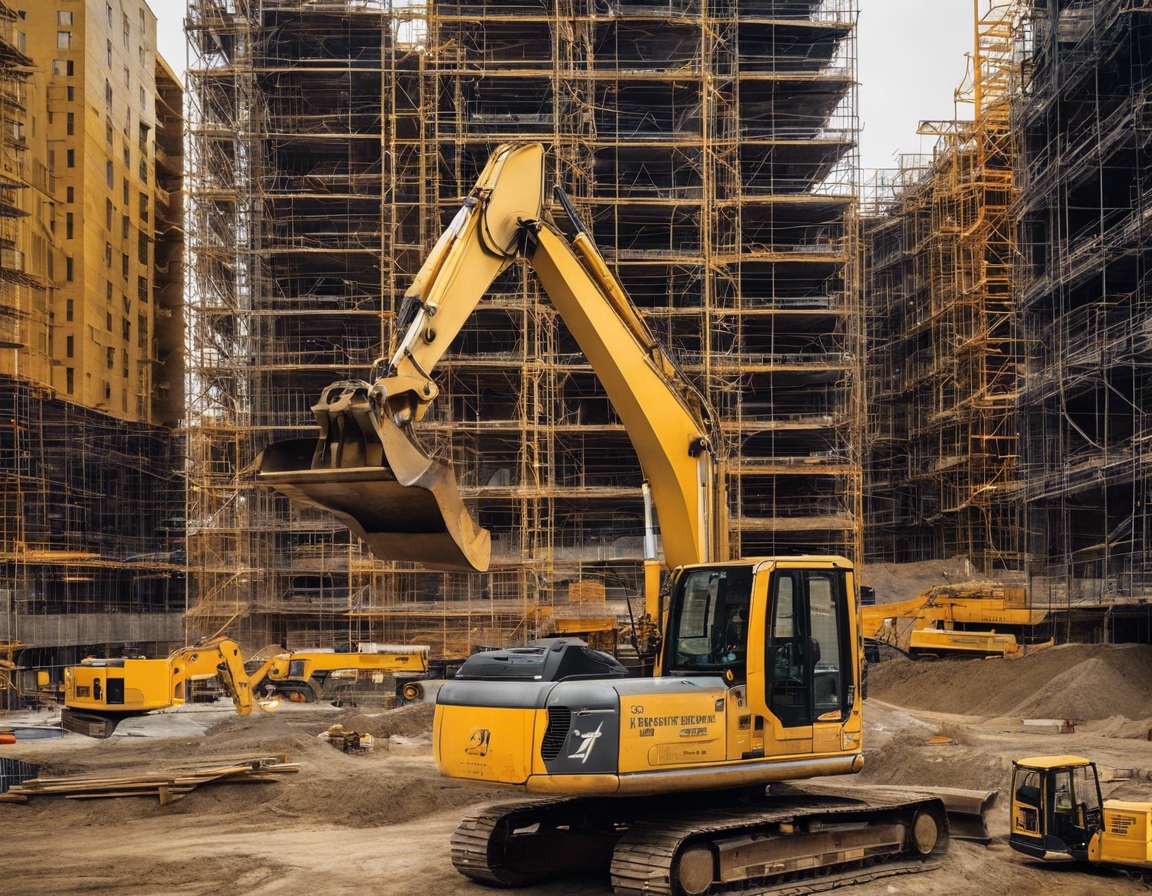Managing complex construction projects
Complex construction projects are characterized by their large scale, intricate designs, and multifaceted requirements. These projects often involve numerous stakeholders, extensive planning, and a high degree of coordination. Managing such projects requires a deep understanding of construction processes, effective communication, and the ability to adapt to changing circumstances.
Key Challenges in Managing Complex Construction Projects
One of the primary challenges in managing complex construction projects is ensuring timely delivery. Delays can arise from various factors, including unforeseen site conditions, supply chain disruptions, and regulatory hurdles. Effective project management involves anticipating potential delays and implementing strategies to mitigate them.
Adhering to budget constraints is another significant challenge. Complex projects often require substantial financial resources, and cost overruns can jeopardize project viability. Accurate cost estimation, continuous monitoring, and proactive financial management are essential to keep projects within budget.
Complex projects often present unique challenges that require innovative solutions. Whether it's addressing environmental concerns, integrating new technologies, or overcoming logistical obstacles, successful project management involves creative problem-solving and adaptability.
Strategies for Effective Management
Comprehensive planning and scheduling are critical to managing complex construction projects. Detailed project plans outline the scope, timelines, and resources required, while scheduling tools help track progress and identify potential bottlenecks.
Risk management is a vital component of project management. Identifying potential risks early and developing mitigation strategies can prevent disruptions and ensure project continuity. Regular risk assessments and contingency planning are essential practices.
Technology plays a crucial role in managing complex projects. From Building Information Modeling (BIM) to project management software, leveraging technology enhances efficiency, improves communication, and facilitates data-driven decision-making.
Importance of Quality, Efficiency, and Sustainability
Maintaining high-quality standards is paramount in construction. Quality assurance processes, regular inspections, and adherence to industry standards ensure that projects meet client expectations and regulatory requirements.
Efficiency in construction processes reduces waste, saves time, and lowers costs. Streamlining workflows, optimizing resource allocation, and employing lean construction techniques contribute to enhanced efficiency.
Sustainability is increasingly important in construction. Implementing sustainable practices, such as using eco-friendly materials, reducing carbon footprints, and incorporating energy-efficient designs, aligns with client values and regulatory demands.
Role of Experienced Contractors in Project Success
Experienced contractors bring valuable expertise and knowledge to complex projects. Their understanding of construction processes, regulatory requirements, and industry best practices is crucial for project success.
A collaborative approach fosters effective communication and teamwork among stakeholders. Experienced contractors facilitate collaboration, ensuring that all parties work towards common goals and resolve issues promptly.
Client satisfaction is a top priority for experienced contractors. By delivering projects on time, within budget, and to the highest quality standards, contractors build trust and long-term relationships with clients.








Comments (0)